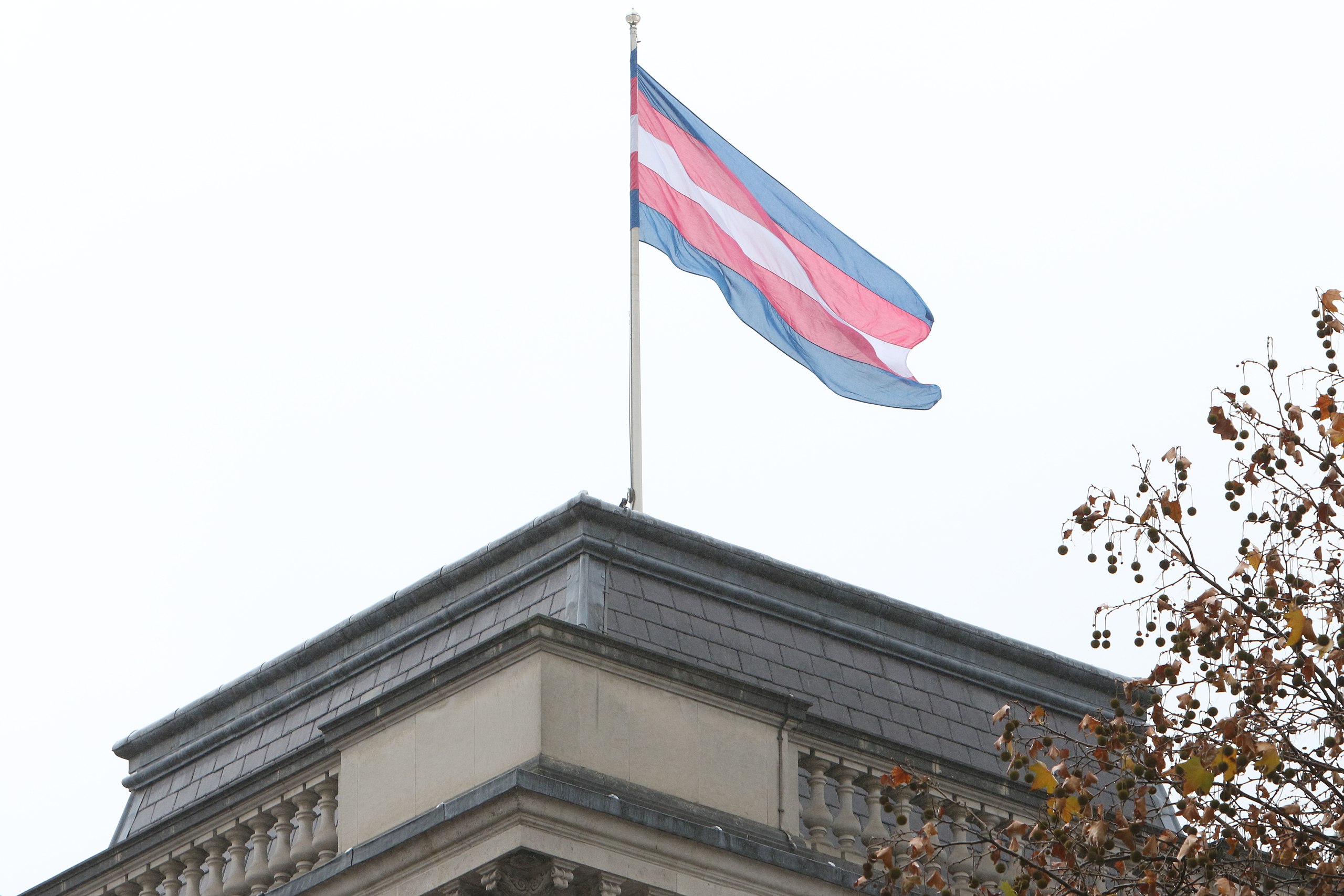There have been a series of attempts by anti-trans campaigners to push for a dividing line between trans people who have legal protection as our ‘acquired sex’ and those who don’t. That line is the Gender Recognition Act, 2004.
In an article written for The Times’ Educational Supplement; the usual Times crap but in a magazine format and focused on the education sector, someone introduced as “a discrimination lawyer” made some rather revealing points. Writing using dogwhistles such as “trans-identified boys” confusingly in reference to trans girls, Rebecca Bull attempted to put forward the case that supporting trans students adequately would amount to discrimination against cisgender students.
Alleging that it would constitute ‘indirect discrimination’ against cisgender students to allow transgender students to not be discriminated against is of course, nonsense. But that isn’t really the most interesting part of this transphobic rant dressed up as concern. The most interesting part to me was this section;
“The only way to change legally recognised sex is to use the provisions of the Gender Recognition Act 2004, which covers only people aged 18 and upwards.
For schools, this means that wherever sex matters, children should be treated equally with their same-sex peers. This is not discriminatory; in fact, treating a trans-identified child differently from other children of their sex could be discriminatory on grounds of gender reassignment.”
This is yet another example of anti-trans campaigners trying to tee up the Gender Recognition Act 2004 to be the dividing line between transgender people who deserve to be treated fairly and those who do not. For them the inaccessibility of the GRA is a feature, not a bug. As can be seen by the numerous occasions transphobes have argued explicitly that they want to restrict the number of people able to acquire one, such as in their opposition to GRA reforms.
We have also seen the EHRC, a supposed equalities regulator and watchdog for the UK Government, attempt to tee this argument up too. Widely criticised guidance they announced explicitly argues that the GRC – a document which I have to stress you do not carry with you on a day to day basis, the same way as how you don’t carry your birth certificate – should be the dividing line on whether you have legal access to women’s spaces or not.
“Under the Equality Act people are protected from sex discrimination on the basis of their legal sex. This means that a trans woman who does not hold a Gender Recognition Certificate is legally male and is treated as a man for the purposes of the sex discrimination provisions, and a trans woman with a Gender Recognition Certificate is treated as a woman. The sex discrimination exceptions in the Equality Act therefore apply differently to trans people with and without Gender Recognition Certificates.“
This is a fundamental misunderstanding of equality law in my view, right there in the first line. Did you catch it? The addition of the word “their” changes the whole meaning of law with this phrasing meaning that you – an individual – have to actually posess the protected characteristic in order for the law to support your claim. This is an extremely terrible way to view equality law.
It’s the characteristic itself which is protected and instead it should read “on the basis of sex” – which means you can’t use sex as a reason to discriminate against someone. Not that you have to have any kind of specific sex in order to be protected; just that if sex is the reason someone has chosen to treat you differently then what they have done is unlawful. A quirky example of this could be that a man named Susanne finds himself turned down for jobs due to people assuming he is a woman. He could very easily pursue a discrimination case on the basis of that misogyny without being a woman. He doesn’t need to legally be female for this because its the act of discriminating on the basis of the protected characteristic itself which is unlawful.
The point of this misunderstanding is entirely to set up the legal backing for the idea that it would be lawful to exclude transgender women from women’s spaces. If you have to actually be legally registered as female to be protected from discrimination on the basis of sex and therefore misogyny then automatically the vast majority of trans women are locked out. Not to mention every transgender child given that the GRA is only for 18+.
Ironically, this view of the law could be argued to be indirectly discriminatory as it exclusively singles out and targets people on the basis of another protected characteristic; gender reassignment. The only way that realistically changes is if we get GRA reform that makes the process accessible to all, which would need to include children and remove the requirement for a medical diagnosis as waitlists continue to soar.
There have been numerous other attempts to force this divide too, and I don’t know what to do about it other than talk about why its wrong and bad. I guess I’ve also suggested opposing the GRA too, but I understand that is kind of a scary proposition given that without a GRC trans people are leaving themselves at the mercy of the UK legal system to see these lies for what they are. Something I don’t think any of us can really count on.











